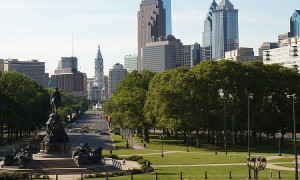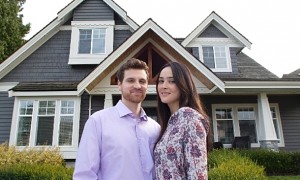Renting out an apartment or two can seem like a reliable way to earn extra income. But buying a Philadelphia investment property might not be as easy as it seems. Once you’ve got the property, you also need to make sure you’ve got all your paperwork in order to avoid a visit or letter from Licenses and Inspection. If you’re thinking about purchasing an investment property in Philly, there are a few things you need to understand first.
Mortgage Rules are Different for Investment Properties
Before you can buy a Philadelphia investment property, you need to have a good sense of how you’ll pay for it. Generally, mortgage lenders are tougher on investment buyers than they are on people who are buying a residential property. You can’t get private mortgage insurance for an investment property, for example. That means you’ll need to have at least 20 percent of the property’s cost to put down. Some lenders expect you to put even more down.
It’s a Good Idea to Check Up on the Property
You might have plans to be the best property owner Philly’s ever seen. It might be the case that the property’s previous owner wasn’t so great. Since some issues, such as an unpaid water bill or trash bill, follow the property, it’s important to make sure everything’s in order before you purchase it. You also want to make sure the property is properly zoned for what you plan on using it for. You can check up on a property’s zoning online.
You’ll Need a Variety of Permits and Licenses
It helps to understand the rules about renting property before you commit to purchasing an investment house or apartment. In Philadelphia, you need to get an activity license before you can rent out any units. The type of license you need to get depends on whether you plan on living in the building or not. The activity license is free.
You’ll also need to get a Housing Inspection License, also known as a housing rental license. The license costs $50 per unit and needs to be renewed every year.
Don’t Forget About Property Tax
Property tax in Philly is different for investment homes than it is for a house you live in. For example, homeowners in Philly can often qualify for the Homestead Exemption, which can reduce the taxable value of a home by up to $30,000. The city also has a tax reduction program for people who have lived in their homes for 10 years or more. Neither program is available to investors, but your property might qualify for a tax abatement program, if it is new construction or was recently rehabbed. Otherwise, you can expect to pay a tax of 1.3998 percent of the property’s value (as of 2016).
Know What You Can and Can’t Say When Advertising Your Rental
Once you’ve purchased your investment property, it’s time to advertise it for lease (if you don’t already have tenants). It’s important to know that there are a lot of things you can’t say in a rental advertisement, because of fair housing laws. For example, you can’t specify that you want a single person or a couple only. You can’t say that an apartment is for employed people only or that you will only rent to men (or women). Avoid anything that could be remotely discriminatory.
When you buy an investment property in Philadelphia, it’s important that you know what to do to stay on the right side of the law. You also want to choose a property that will cause you the least amount of stress and headache.
[cf]skyword_tracking_tag[/cf]






